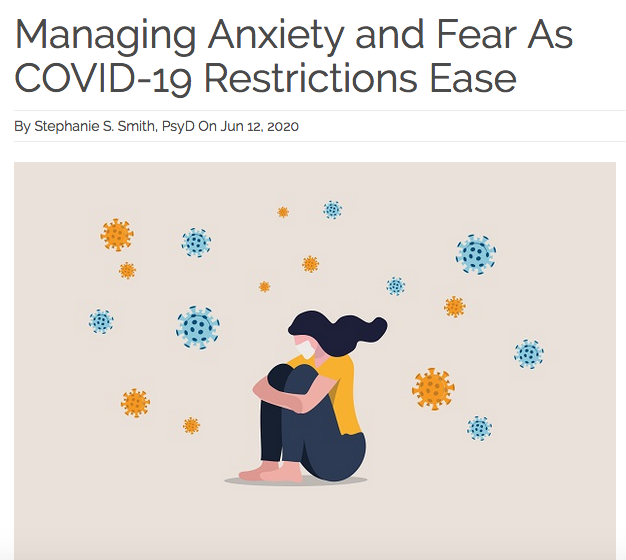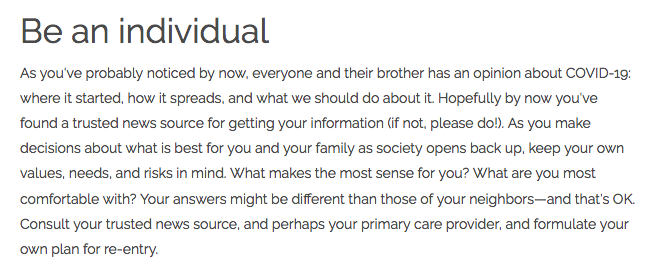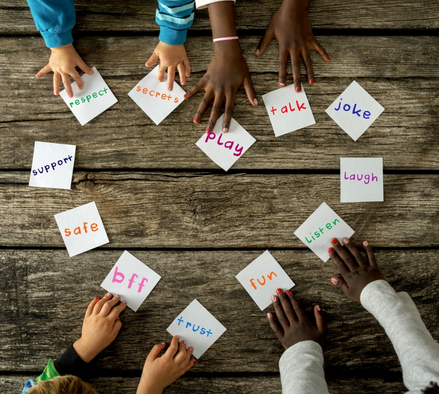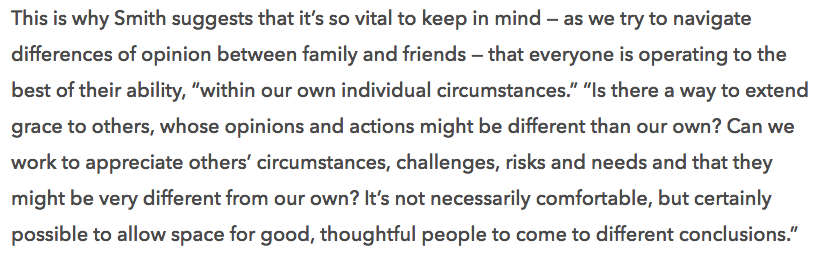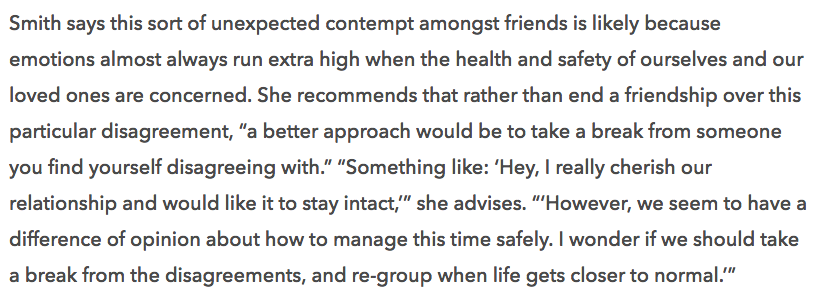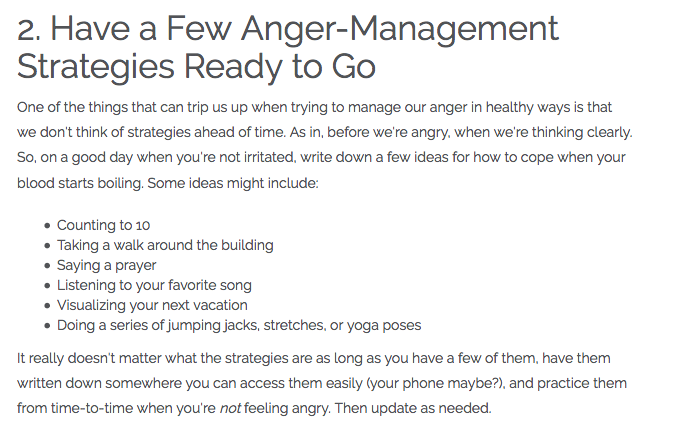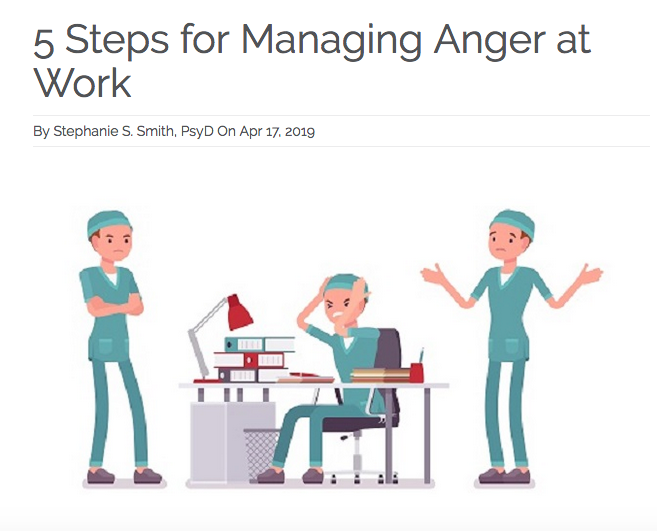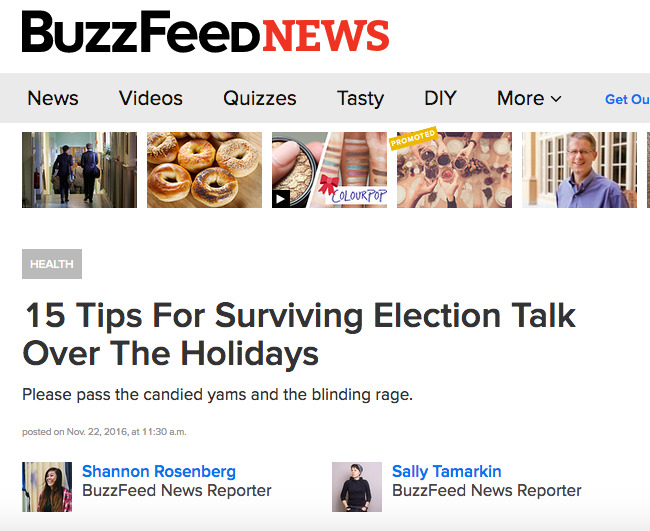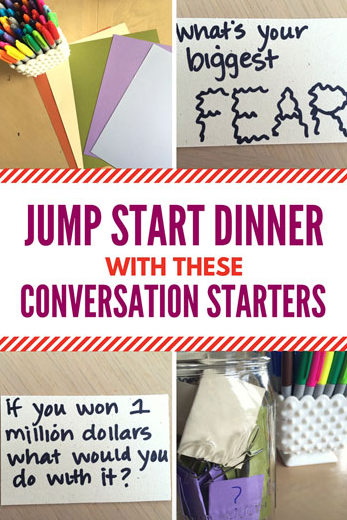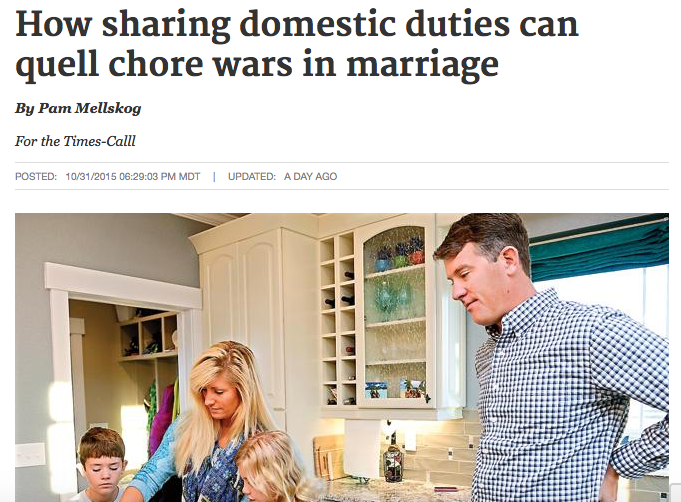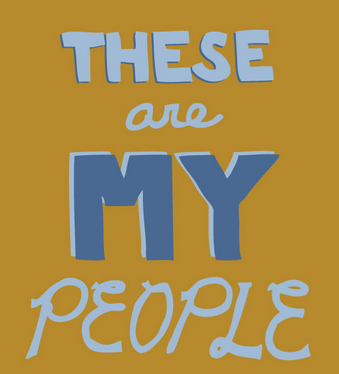
Brooke Becker: Shutterstock
Comparing ourselves to others may be one of the most detrimental things we can do for our self esteem. When compared to the Facebook posts of our “friends,†our kids are never as well-mannered or athletic, our spouses never as romantic or wealthy, and our jobs never as glamorous or high-powered. Shutting off all our social media outlets might be one strategy for stopping the constant comparison to others. The problem with that is, comparisons are easy to make no matter where we are. So here’s another idea: Have a little self-compassion.
Treat yourself as you would treat a close friend or family member.
For example:
Set realistic expectations for yourself. You would never expect a friend to raise 2 perfect children, work 50 hours a week, maintain a HGTV-worthy home at all times and still fit into her prom dress. So why do you expect that of yourself? Keep your expectations real and do-able in this lifetime.
Accept your idiosyncrasies. We all have them: weird, quirky things that make us who we are. For example, I have a friend who can’t tell a joke to save her life; she always gets the punchline wrong. It’s one of the things I love about her. Embrace the parts of you that make you, you – even if they are, technically, imperfections.
Understand that you will make mistakes. Why are we so much more accepting of other people’s missteps, failures and screw-ups than we are our own? I’m not sure. But I do know that most of us could stand to be as gracious to ourselves as we are to others.
You never know what’s behind the front door. When all else fails, and you still find yourself comparing your life to the other, fancier people in your life, know this: Everyone has struggles of some kind. What looks perfect rarely is, and everyone (yes, even the most confident, beautiful and rich among us) have our foibles and weak spots.
Portions of this post originally appeared as part of a series on Personal Development Genesis
